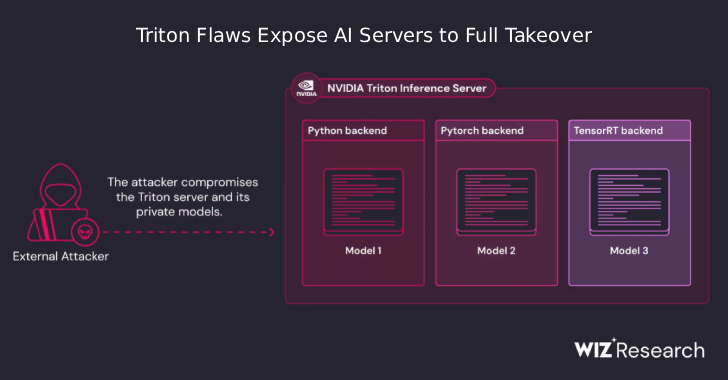China-Linked Hackers Target U.S. Internet Providers in Massive Cyber Espionage Campaign
Beijing-backed hackers are breaching American ISPs, raising concerns about critical infrastructure security
Chinese hackers just waltzed into U.S. internet networks like they knew the Wi-Fi password all along—and they’re after sensitive data.
Chinese state-sponsored hacking groups have slipped into several U.S. internet service providers (ISPs) in a cyber espionage campaign dubbed “Salt Typhoon,” according to the Wall Street Journal.
Linked to China’s powerful Ministry of State Security, this stealthy incursion has compromised core U.S. infrastructure, with attackers quietly burrowing into broadband networks to gather sensitive data and potentially disrupt critical services.
A Growing Threat
Investigators say Salt Typhoon is just one in a string of recent intrusions tied to Chinese hacking groups targeting critical U.S. sectors. Cyber experts warn that Salt Typhoon’s primary objective appears to be intelligence gathering, echoing recent high-profile attacks involving China-linked groups like Volt Typhoon and Velvet Ant. These groups have demonstrated a worrying shift from pure espionage to active infrastructure infiltration, potentially setting the stage for more disruptive attacks.
According to the Wall Street Journal, hackers linked to Salt Typhoon aimed to embed themselves deep within the infrastructure of cable and broadband providers, enabling long-term data access or even the potential for future disruptive actions. Salt Typhoon attackers have exploited ISPs’ network routing functions, giving them access to sensitive data and network control, cybersecurity experts warned. In one case, Cisco reported that its routers might have been targeted, although it later stated that no evidence confirmed such a breach.
China’s Extensive Espionage Arsenal
The Salt Typhoon campaign is one of several China-linked campaigns targeting global internet services, with Volexity recently reporting a similar incident. In that case, the hacker group StormBamboo, also allegedly backed by China, conducted DNS poisoning attacks on a U.S.-based ISP. These attacks redirected legitimate software update requests to malware-laden servers, infecting macOS and Windows systems across several organizations.
Further adding to concerns, Lumen’s Black Lotus Labs recently uncovered a massive China-linked botnet, Raptor Train, which had compromised over 200,000 IoT devices like small office routers and IP cameras. The botnet provided a vast network for launching distributed denial-of-service (DDoS) attacks and other malicious activities, potentially affecting critical infrastructure.
Practical Steps for Cyber Defense
For ISPs and organizations relying on critical infrastructure, countering these threats is essential. Here’s how to strengthen defenses:
- Regularly Audit Network Infrastructure: Conduct routine security checks on routing and DNS settings to detect anomalies early.
- Implement Multi-Factor Authentication (MFA): Require MFA on all critical systems to limit unauthorized access.
- Upgrade Legacy Equipment: Replace outdated hardware and software that may contain exploitable vulnerabilities.
- Educate Employees on Phishing and Social Engineering: Many intrusions begin with phishing, so ensure all staff can recognize and report suspicious activity.
- Develop a Rapid Incident Response Plan: Preparation is key. Establish a comprehensive response protocol to minimize damage and recover quickly in case of an attack.
Protect Your Network with Cyber Defense Advisors
At Cyber Defense Advisors, we specialize in safeguarding networks from evolving cyber threats like Salt Typhoon. Our team is equipped to assess vulnerabilities, strengthen defenses, and respond to intrusions before they escalate. Contact us today to secure your critical infrastructure—because in cybersecurity, staying ahead is everything.
Contact us today and take the first step toward a more secure future.






